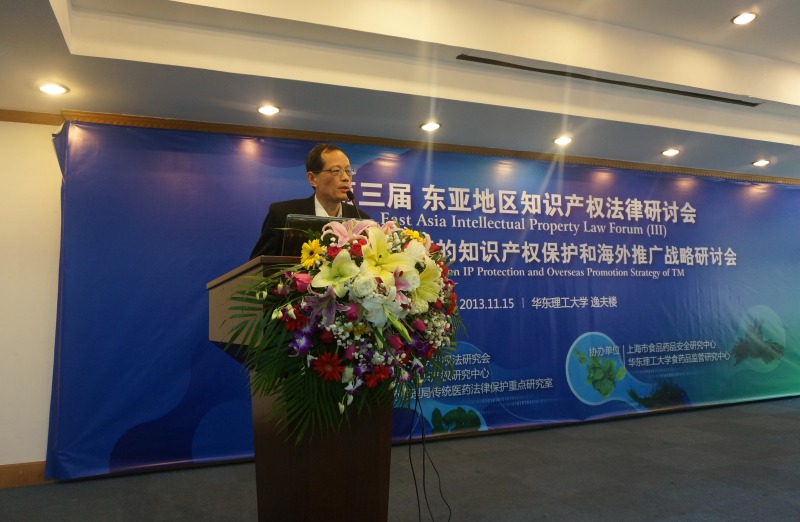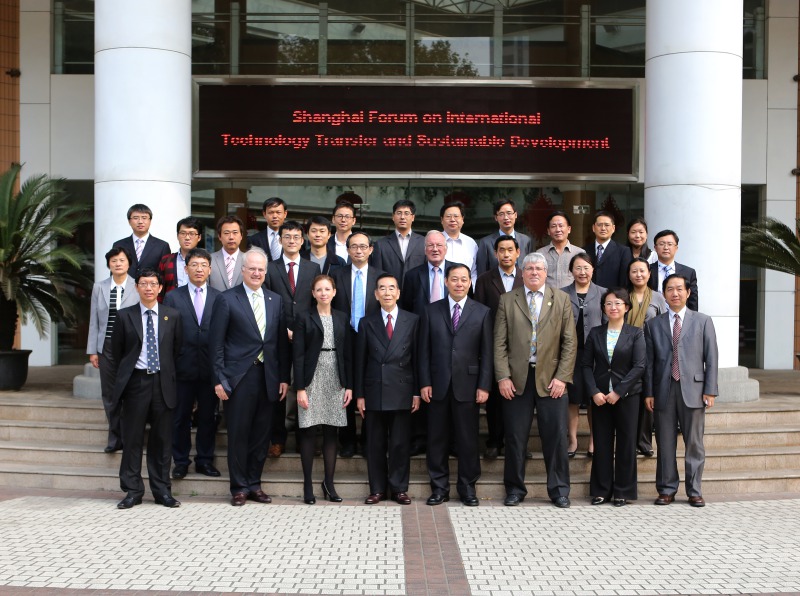Perfection of Chinese intangible culture heritage legislative protection in the construction of Silk Road Economic Belt
Abstract: Silk Road Economic Belt brings the opportunities and challenges for the development of rich intangible cultural heritage along it. However, Chinese legislative law is not perfect for the protection of intangible cultural heritage. There are four major problems: the existing legislation doesn’t reflect the special protection for the intangible cultural heritage in the Silk Road Economic Belt; overusing of administrative measure and lack of basic protection of individual right; the level of legal protection is uneven and there is a big gap with the international advanced level; lack of intangible cultural heritage rights relief procedure. This paper analyzed the relevant laws and regulations of 9 provinces in Chinese northwest and southwest areas and studied Chinese intangible cultural heritage protection based on international experiences. There are three relevant experiences, including drawing lessons from the standards set by the United Nations General Assembly; establishing the international cooperation and assistance system; imitating the “Berne Convention for the Protection of Literary and Artistic Works” of folk literature and art works with copyright protection to legally protect intangible cultural heritage inheritors and their works. The results show that we must change our concepts of legislation from government standard to social standard and strengthen the protection mechanism of private rights. As to the transformation from the cultural resources to cultural assets, we should form the sustainable values of both cultural and economic benefits based on the protection and inheritance of intangible cultural heritage. Not only intellectual property of inheritors but also their scope of rights should be given by considering the legal nature of intangible cultural heritage. The interest demands between community and the masses and between the public and inheritors should be dealt well with. The license system of intangible cultural heritage should be perfected, specifying the rights and duties of inheritors in the utilization of intangible cultural heritage. The development of cultural industries can be used to promote the win-win relation between social benefits and economic benefits of intangible cultural heritage. Governments, enterprises, and public organizations should invest more on the fund of intangible cultural heritage protection, raising funds for intangible cultural heritage protection. The remedy system for inheritor’s rights should be improved to establish non-profit foundations and special legal protection systems for the intangible cultural heritage within the Silk Road Economic Zone.
next:no article


